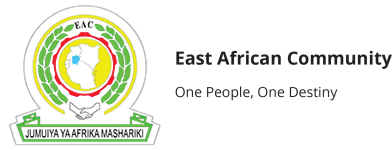The Consultative Dialogue Framework
The 26th Meeting of the Council of Ministers of the East African Community adopted the Consultative Dialogue Framework (CDF) for Private Sector, Civil Society and other Interest Groups in the EAC Regional Integration process (EAC/CM26/DECISION 06).
This framework ensures continuous dialogue between EAC, Partner States, Civil Society Organisations (CSOs), Private Sector Organisation (PSOs) and other Interest Groups both at the national and regional level. This is aimed at ensuring that the integration process proceeds with the involvement of the citizens of EAC Partner States through multi-stakeholder partnerships.
To provide a platform for this dialogue, an Annual Forum is convened by the Secretary-General of the East African Community. The meeting is organised collaboratively based on an agenda agreed upon between the private sector, civil society and other interest groups, and the EAC Secretariat, Organs and Institutions.
Three SG Forums have been organised since the adoption of the CDF: the 1st SG Forum took place on 12th and 13th December 2012 in Dar-Es-Salaam, the 2nd SG Forum under the theme “THE EAC WE WANT” took place from 7th to 8th October 2013 in Nairobi and the 3rd Forum under the theme “EAC: My Home, My Business” took place from 12th to 13th September 2014 in Entebbe.
The Annual Secretary-General’s Forums are organised by the EAC Secretariat in collaboration with the Partner States Ministries responsible for EAC affairs as well as the East African Business Council, the East African Civil Society Organisations’ Forum, East African Law Society, East African Local Governments Association, East African Trade Union Confederation and development partners.
The 4th Annual EAC Secretary-General’s Forum with a theme of “Good Governance and Constitutionalism in the East African Community” will be held in December 2015, in Kigali, Rwanda. The 4th SG’s Forum is expected to bring together approximately two hundred participants drawn from Governments of EAC Partner States, PSOs, CSOs, professional bodies, academia / universities, media, EAC Organs and Institutions, development partners and other interest groups.
